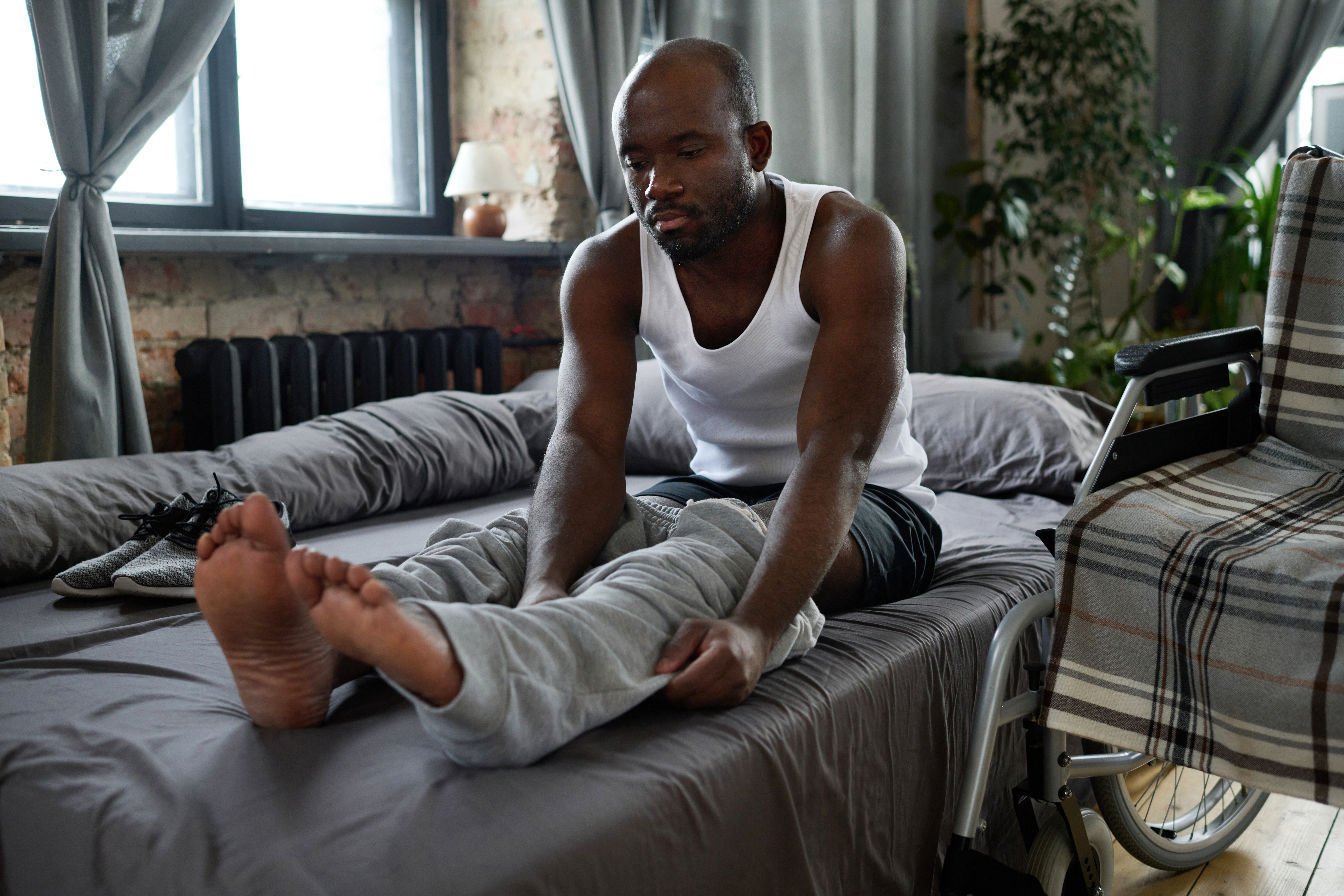Social security disability Eligibility
SSDI Eligibility: How to Qualify for Social Security Disability

Whether suffering from a physical injury, a chronic disease, or mental illness, if you are unable to earn a living because of it, Social Security Disability Insurance (SSDI) may be available to replace some of the lost income. For those who qualify for SSDI, the benefit can restore their ability to meet personal and family financial obligations. But determining SSDI eligibility involves many fact-specific considerations. Knowing the process ahead of time will improve your chances of establishing your qualifying disability.
More About Social Security Disability
How Do I Qualify For Social Security Disability?
There are two main areas in which an SSDI applicant must be able to show eligibility: employment and impairment. More specifically, the applicant:
Must have worked in a job covered by Social SecurityNeeds to have a qualifying physical or mental health conditionMust have a work history with enough “work credits”What Job-related SSDI are covered
SSDI is a type of insurance fund paid into by employees and employers out of payroll taxes. The first requirement, then, is employment – at least within the past 10 years.
In some special situations, there is no payment into Social Security, so the employee would not be eligible. These can include people who have worked long-term for the federal government and were hired before it began collecting Social Security taxes in 1983, employees of some state and local governments that opt out of Social Security, and a few other categories of workers.
Keep in mind that if you have been self-employed or working as an independent contractor, you may still have been in a job covered by Social Security. You should have been paying self-employment taxes, which include Social Security contributions.
The other factor is how long you have worked in covered jobs. SSDI claimants must have enough work history to have acquired the necessary number of “work credits”. In general, workers gain one credit for each quarter of a year worked; self-employed workers need to meet an annual income threshold to qualify for the credits. The number of credits needed for SSDI eligibility is determined by a scale that factors the employee’s age and number of years worked.
Injured workers in New York City or Nassau County should contact a NYC disability attorney to get a better idea of how their work history impacts SSDI eligibility. Aronova & Associates is available to meet and answer your eligibility questions.
Qualifying medical condition to collect SSDI
You may feel like your disability is immediately apparent to others, but that is not the standard that the Social Security Administration follows. To qualify for SSDI:
You must be able to show that you cannot do the same work you did before;The SSA must decide that personal factors mean you cannot take on another line of work; andThe disability must be long-term (lasting or expect to last for at least one year or lead to death)You may have heard about a “blue book”. This is a SSA guidebook of recognized conditions that lists the medical criteria that leads to approval for specific conditions. However, even if your condition is not listed in the blue book, you may qualify if you can demonstrate that your condition meets the same level of severity and impairment as comparable conditions that are recognized by the guidebook.
Aronova & Associates can help you understand how the SSA will view your disability, and what evidence will help you establish your entitlement to benefits.
Part of the SSA’s consideration is what it considers to be the applicant’s Residual Functional Capacity (RFC). This is the level of activity which the applicant can sustain after the disability. If the applicant is trained as a nurse, but can no longer work in a physical job, then it may determine that the rigors of nursing cannot be performed by the applicant whose RFC only allows sedentary work. This can be a complex analysis, but we will help you present your evidence or represent you in an appeal of an unfavorable decision, if you so choose.
Why Should I Hire a Social Security Disability Lawyer?
The social security disability lawyers at Aronova & Associates have been through the SSDI process – from application to appeal – with clients in all parts of New York, including Manhattan, NYC, and Nassau County.
The SSDI process can be overly complicated, but our attorneys have the experience to help you through the process. We look forward to answering your eligibility questions, so you can receive the compensation to which you are entitled.
Talk to a NY Social Security Disability Attorney
Wherever you are in the process of applying for disability benefits, from filing an initial application to making an appeal, our SSD attorneys can answer your questions and help your claim get approved.
Contact Aronova
Request a Call
Contact Main Form
Contact Us
Ready to Work for You
Aronova & Associates is a firm for all New Yorkers. Our services are available in multiple languages and tailored to the needs of every client. The first step in providing you with the help you need is a free consultation to discuss your case. When you’re ready to talk, we’re ready to get to work for you.
Hours
Monday - Friday 9:00AM to 6:00PM
Disclaimer: The submission of our contact form does not form an attorney-client relationship. You may not rely upon this information as legal advice.
